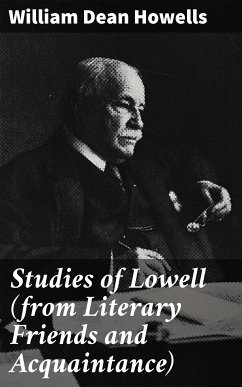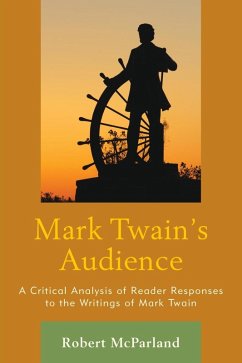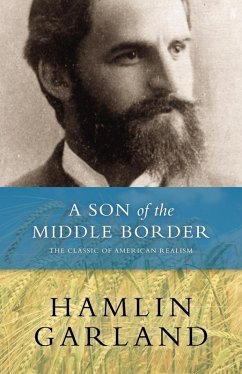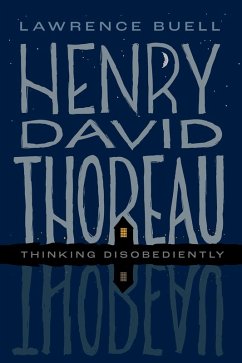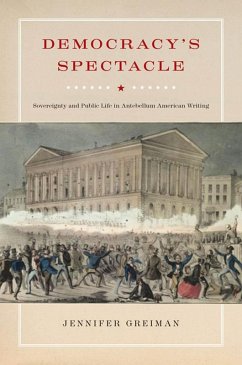
Literary Boston as I Knew It (from Literary Friends and Acquaintance) (eBook, ePUB)
A Glimpse into Literary Boston's Golden Age
Versandkostenfrei!
Sofort per Download lieferbar
0,49 €
inkl. MwSt.
Weitere Ausgaben:

PAYBACK Punkte
0 °P sammeln!
In "Literary Boston as I Knew It," William Dean Howells offers a richly detailed portrait of the vibrant literary culture of Boston at the turn of the 20th century. Through a series of personal anecdotes and reflections, Howells captures the lives and contributions of prominent literary figures such as Ralph Waldo Emerson, Henry James, and Emily Dickinson, presenting a textured narrative that embodies the genteel style of American realism. His prose is both elegant and conversational, reflecting the openness and camaraderie among the literary elite of the time, while simultaneously revealing t...
In "Literary Boston as I Knew It," William Dean Howells offers a richly detailed portrait of the vibrant literary culture of Boston at the turn of the 20th century. Through a series of personal anecdotes and reflections, Howells captures the lives and contributions of prominent literary figures such as Ralph Waldo Emerson, Henry James, and Emily Dickinson, presenting a textured narrative that embodies the genteel style of American realism. His prose is both elegant and conversational, reflecting the openness and camaraderie among the literary elite of the time, while simultaneously revealing the tensions and debates that shaped their work and philosophies. Howells, often regarded as a voice of his generation, was deeply embedded in the literary community, serving as the chief critic for numerous publications. His experience as a novelist, critic, and editor shaped the lens through which he viewed his contemporaries; his friendships with these eminent writers colored his insights and enriched his portrayals. His intimate knowledge of the Boston literary scene not only informs his observations in this work but also mirrors the greater artistic movements that defined American literature in the late 19th century. This book is a must-read for anyone interested in the foundations of American literature and the profound connections between its key figures. Howells'Äô eloquent narrative invites readers to reflect on the interplay of friendship, rivalry, and creativity in a critical era, making it an invaluable resource for scholars and enthusiasts alike.
Dieser Download kann aus rechtlichen Gründen nur mit Rechnungsadresse in A, B, BG, CY, CZ, D, DK, EW, E, FIN, F, GR, H, IRL, I, LT, L, LR, M, NL, PL, P, R, S, SLO, SK ausgeliefert werden.






